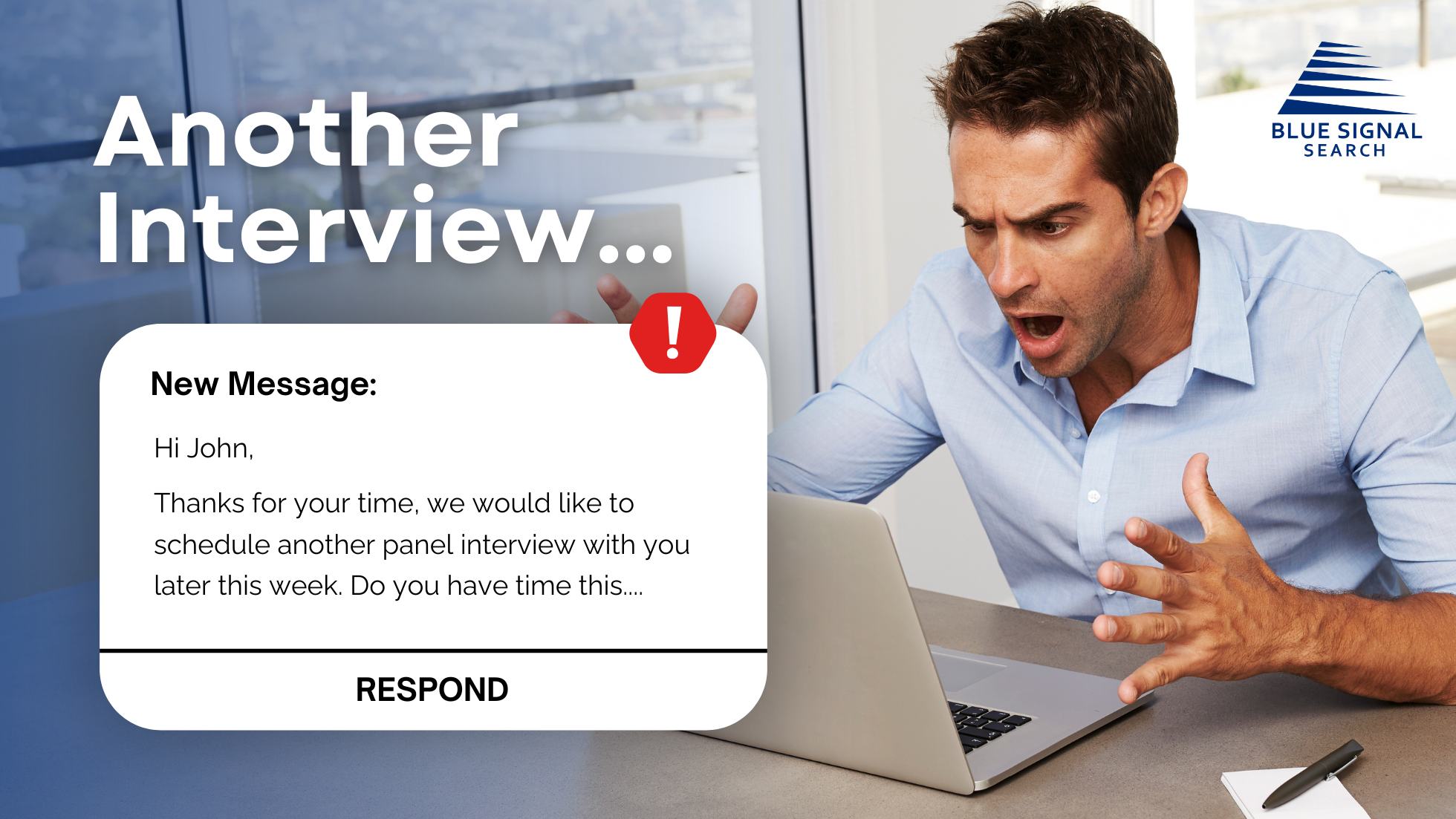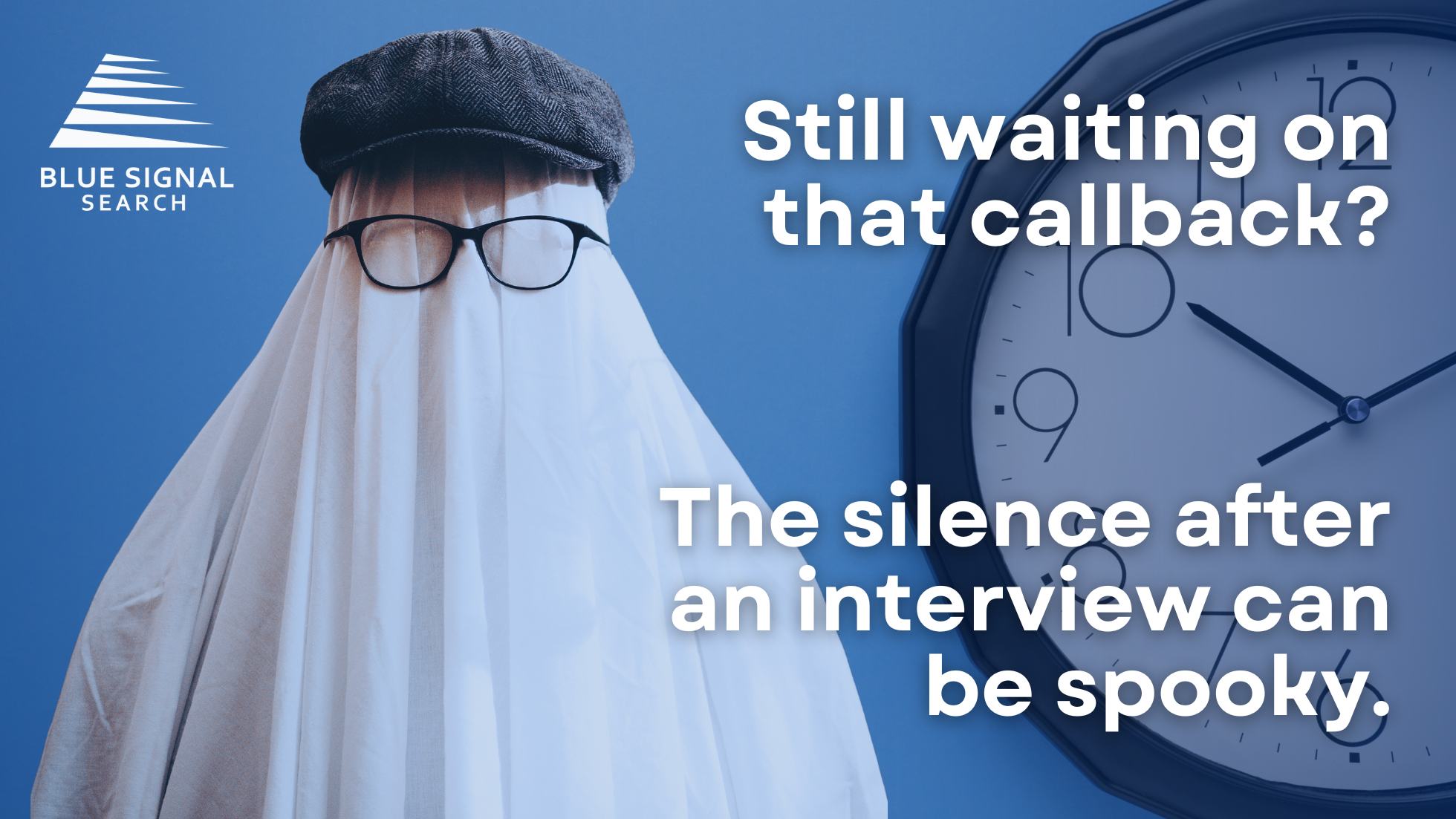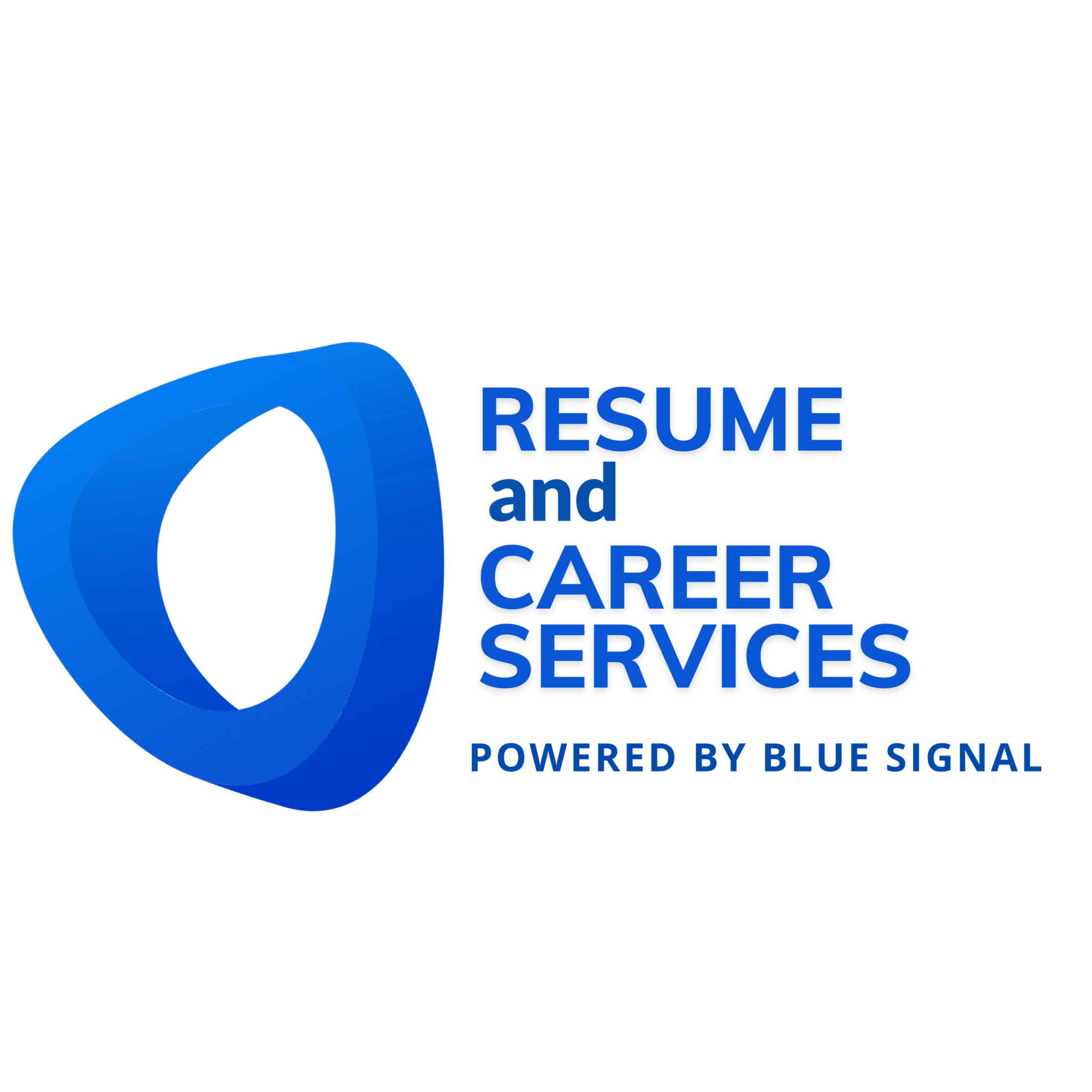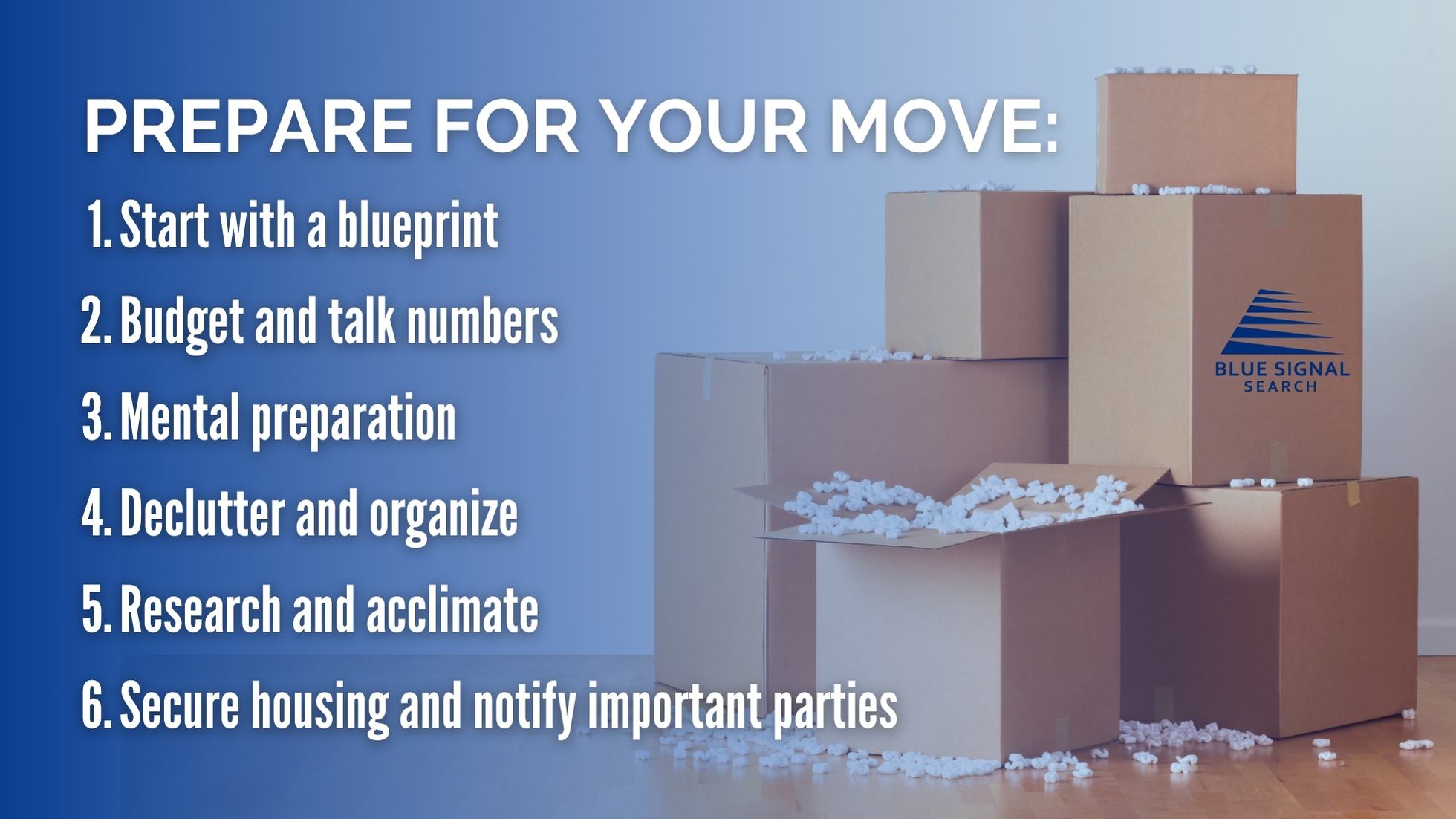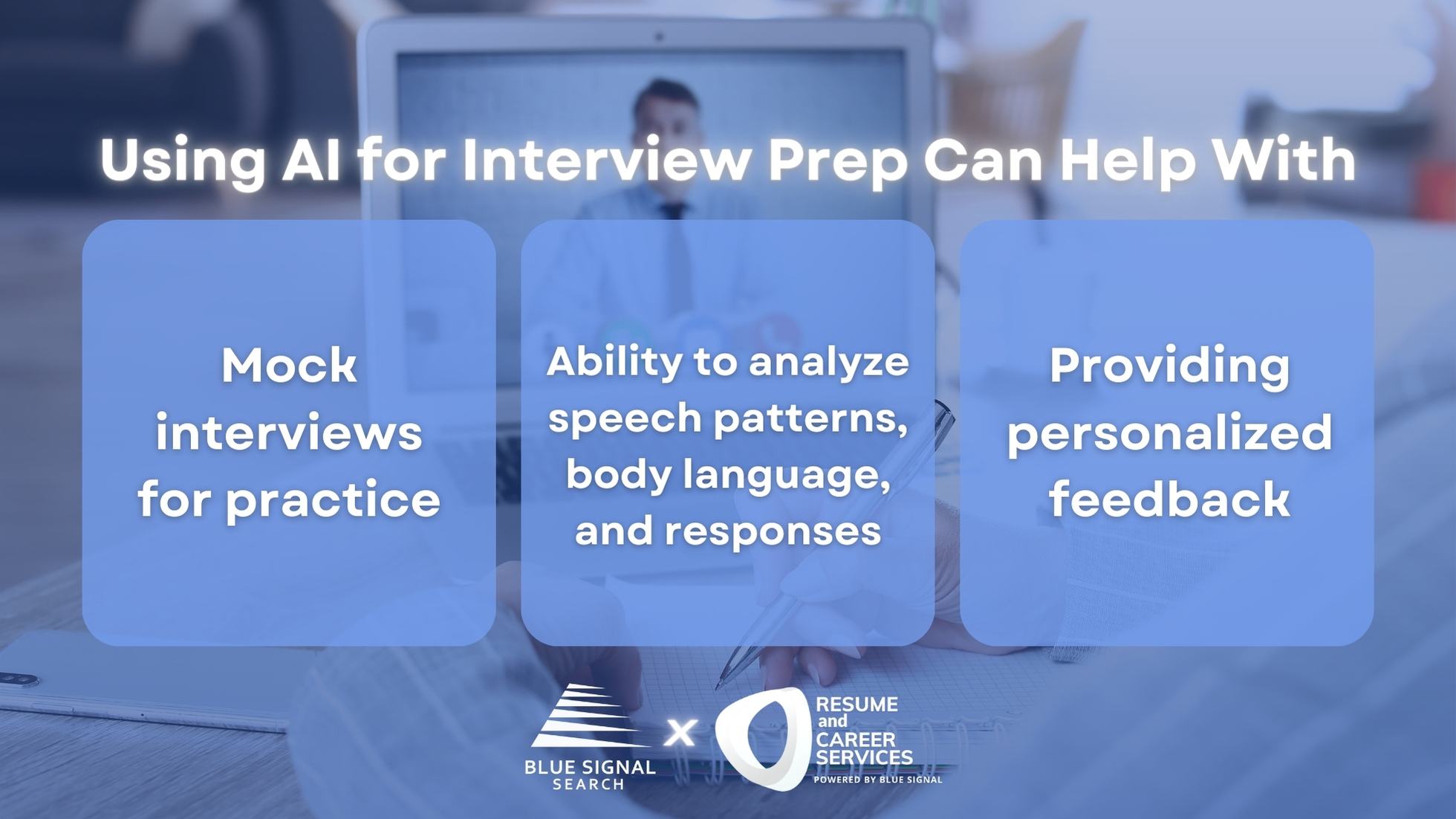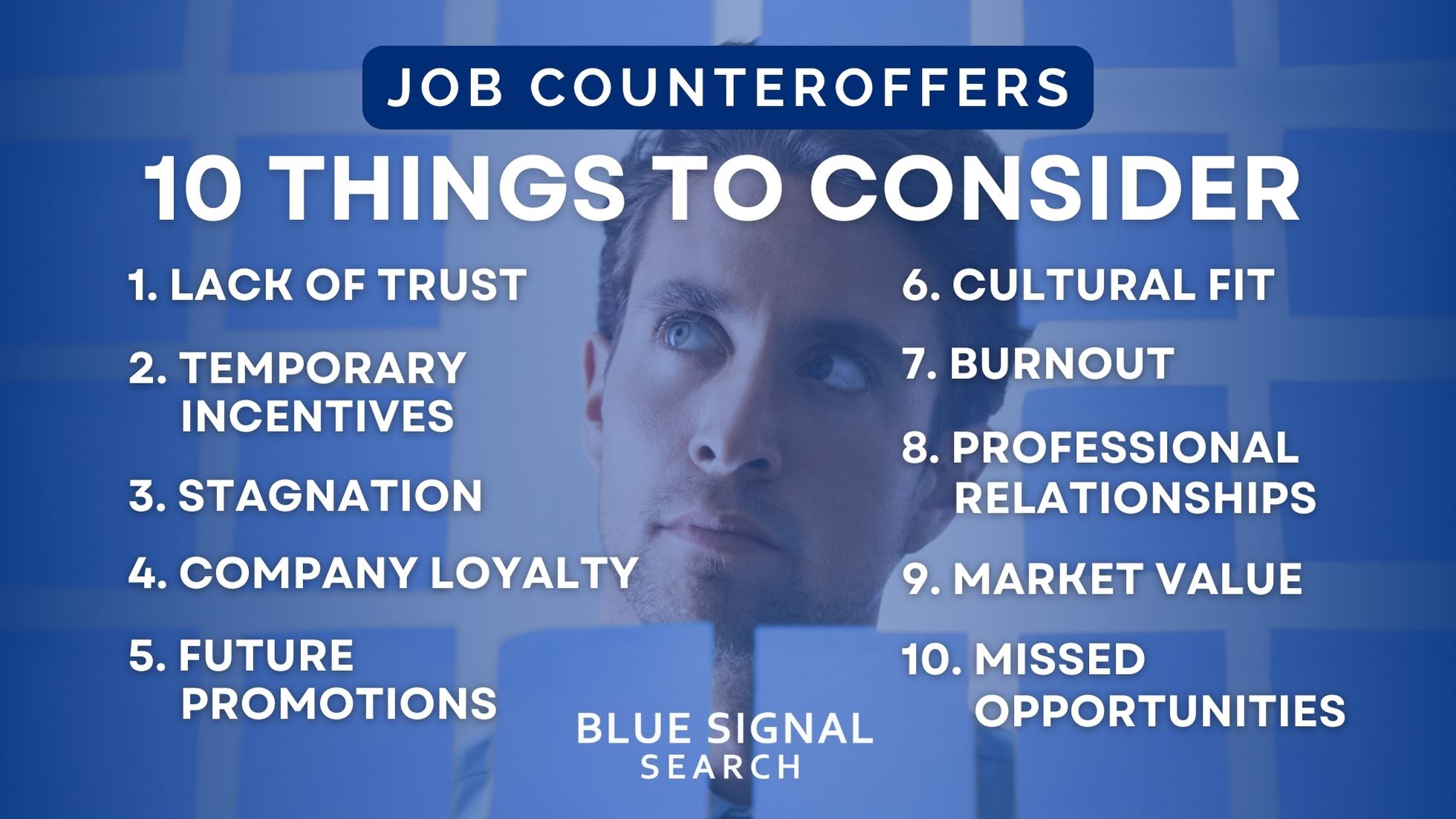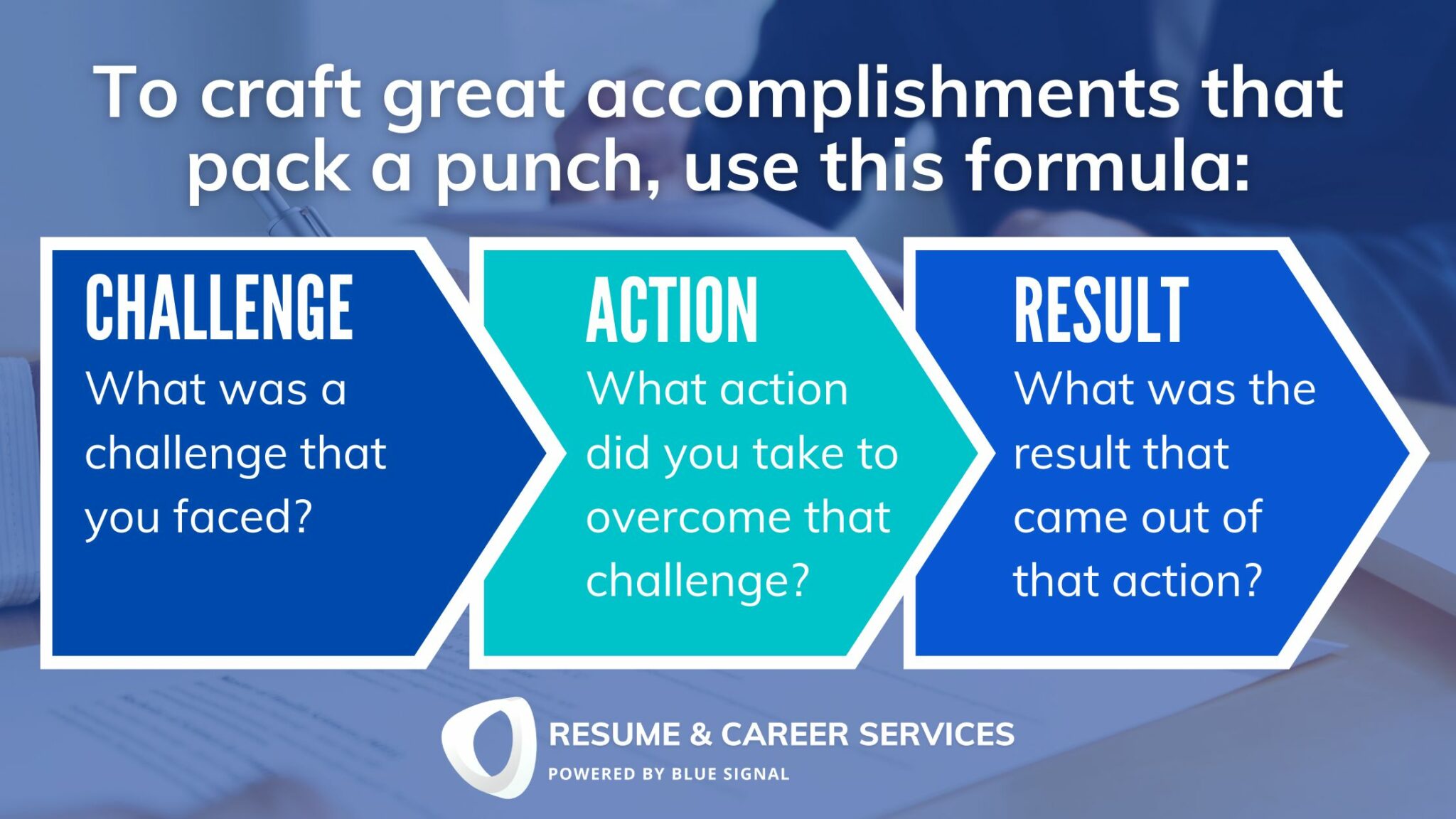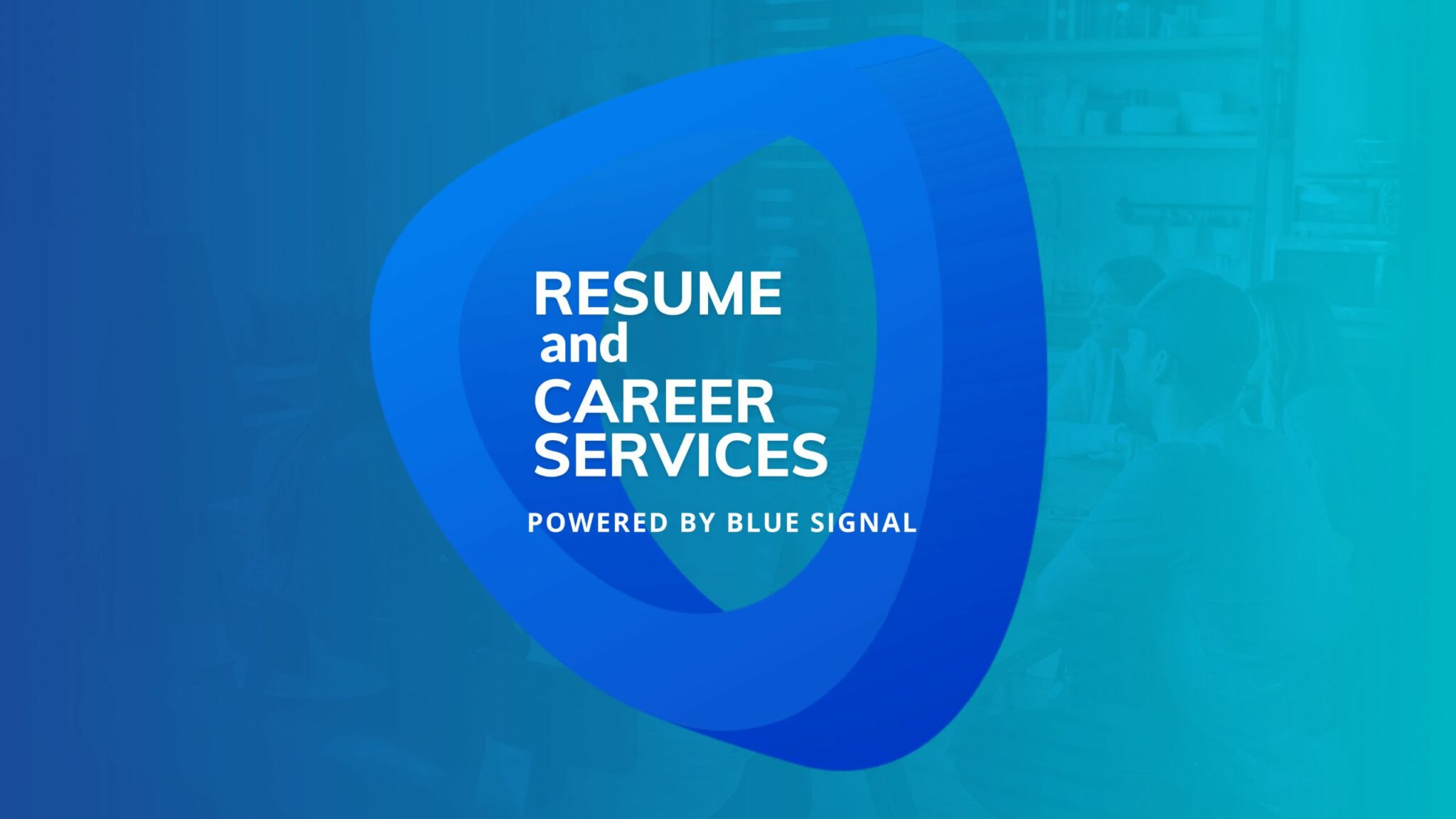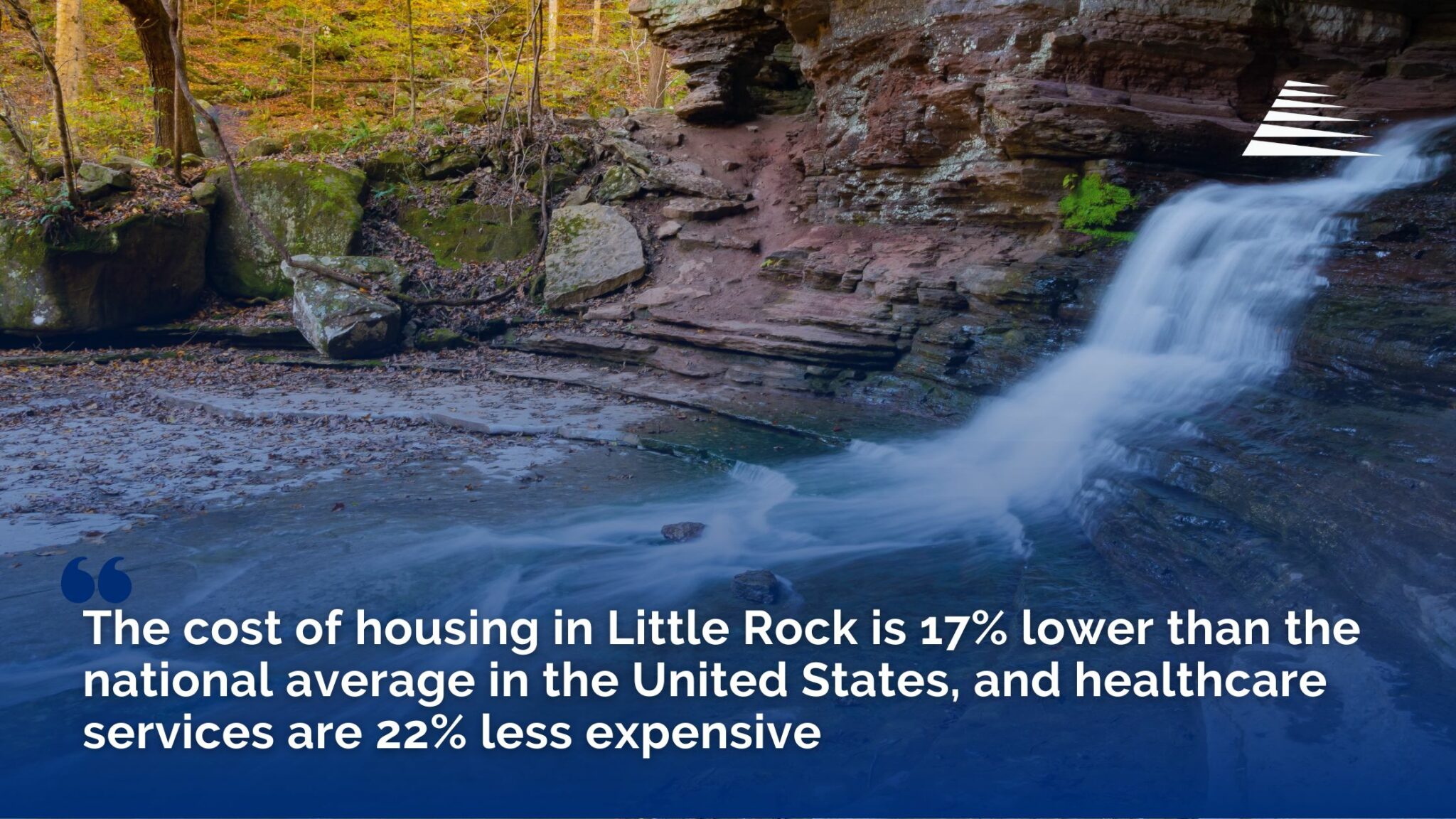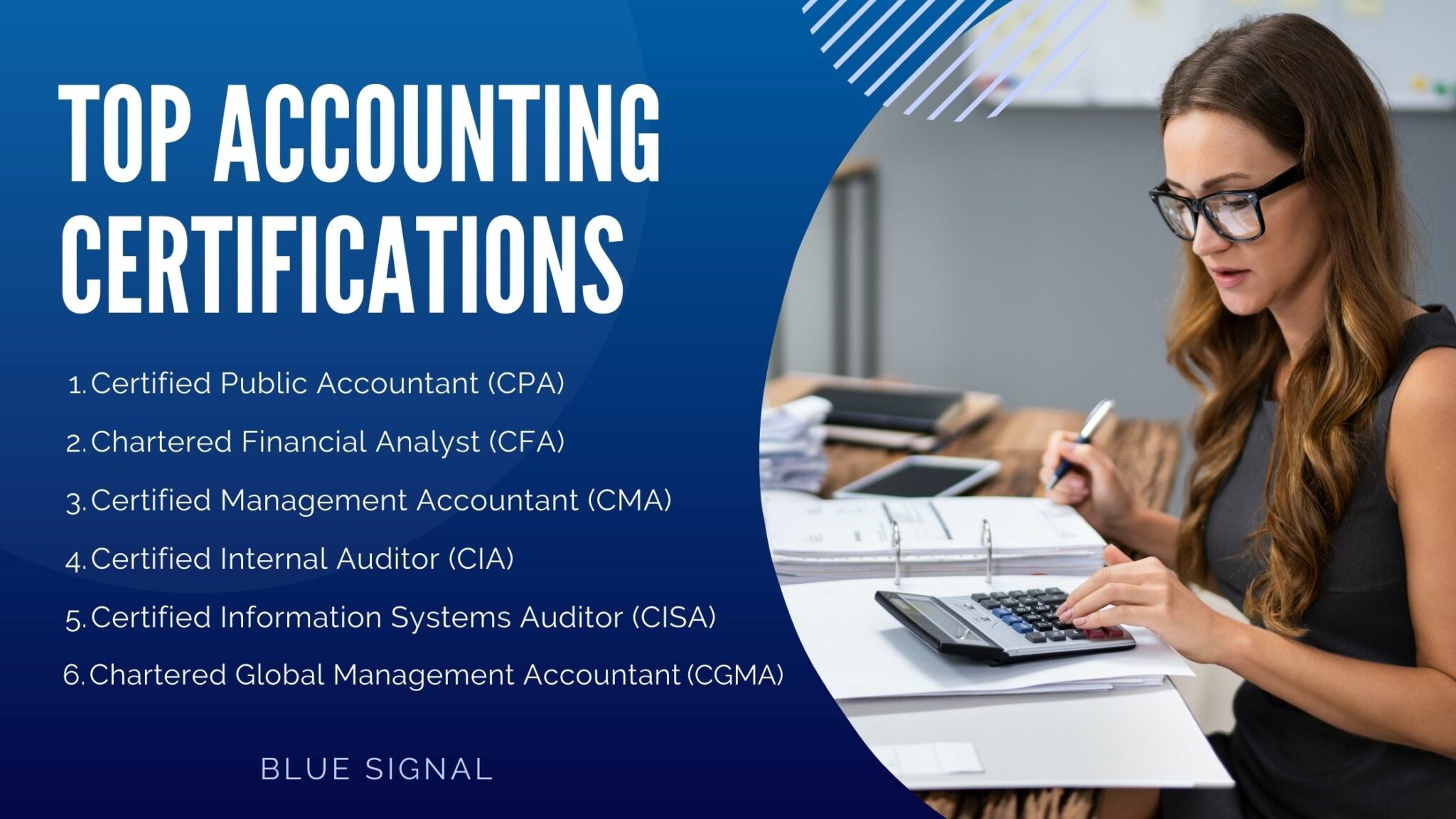The transition from college to the workforce is a pivotal juncture, marking the onset of adulthood and newfound responsibilities. As graduates move beyond the familiar confines of academia, they face the challenge of establishing themselves in their professional careers.
This move entails a series of crucial decisions, from choosing a suitable career path to understanding workplace dynamics. Today’s post from Blue Signal aims to shed light on some essential considerations that can assist in making this transition smoother and more successful.
Explore Various Job Sectors
Broadening one's perspective on the numerous job sectors and roles available provides a clearer path in making career choices. Recognizing the diversity of industries—such as finance, healthcare, and technology—can help pinpoint where interests lie and identify areas where skills might be best applied. It's beneficial to gain an understanding of the expectations and requirements of each role. This exploration not only guides the path to suitable opportunities but also informs the required training or qualifications for potential jobs.
For more insights, check out our blog on the fastest-growing industries of 2024 to see where jobs are in high demand:
Leverage Digital Platforms for Job Searches
The digital age has transformed job hunting, making it more accessible and efficient for college graduates. Online job boards and company websites have become the go-to places for the latest job postings. Tapping into professional networks and forums can also yield job referrals and open up avenues previously unexplored. Networking within alumni groups or professional organizations can also yield referrals and open doors to opportunities. Remember to keep profiles up-to-date and to use keywords related to the desired position to increase visibility.
Create a Strong Resume
When looking to find a better job, having a standout resume is key for college graduates to get noticed by potential employers when entering the workforce. While free resume templates are readily available, many are outdated and may not be compatible with Applicant Tracking Systems (ATS), which are often used by companies to screen candidates. To build a resume that stands out and meets modern hiring standards, we recommend checking out our sister company, Resume and Career Services (RaCS).
RaCS YouTube channel offers a variety of free courses designed to help you craft the perfect resume, optimize your LinkedIn profile, prepare for interviews, improve networking skills, and much more. Whether you’re creating your first resume or refining it for a specific role, these tools will help you feel confident in your job search.
Dress with Professionalism
Appearance acts as a silent communicator in professional settings, projecting a positive image and demonstrating respect for the position and organization. Dressing appropriately for interviews and job roles can build confidence and make daily tasks more manageable. Since expectations differ across industries, it’s helpful to research the company's dress code beforehand. If unsure, opting for business formal—like a blazer and dress shoes—creates a polished first impression. Beyond clothing, pay attention to grooming and hygiene, as they are equally important. Once hired, observe colleagues' attire to align your wardrobe with workplace norms and feel comfortable on the job.
Learn Workplace Protocols
Entering a new work environment comes with the challenge of adapting to its unique culture and communication styles. It’s important to approach this transition with an open mind and a willingness to learn. It's essential to understand and respect the unwritten rules and norms that govern workplace interactions. Observing colleagues, asking questions when in doubt, and being receptive to feedback can help you navigate this new landscape more effectively.
To gain deeper insight, check out this guide on how to determine a company’s culture before your interview!
Choose a Home Closer to Work
A healthy work-life balance is important for long-term success, especially during the transition from college to workforce. Proximity to the workplace can significantly reduce commute times, leading to better work-life balance and increased productivity. However, with the rise of remote job opportunities, some graduates may prioritize flexibility over proximity, allowing them to explore roles beyond their immediate location. Searching online listings offers a convenient way to find housing options that fit your needs and budget. Whether choosing to live near an office or work remotely from anywhere, weighing factors like neighborhood amenities, living costs, and lifestyle preferences will help in making the right decision.
Adopt a Mindset of Continuous Growth
The professional realm is ever-evolving, and success often hinges on the ability to adapt and grow. Embracing new challenges, seeking out learning opportunities, and remaining open to change can pave the way for a fulfilling career. It's not just about acquiring new skills but also about refining existing ones and following a thoughtful plan to stay on track. Building a strategic plan for professional development helps ensure continuous progression, enabling professionals to meet evolving industry demands and unlock new opportunities along the way.
In Conclusion…
Transitioning into the workforce after college can be both exhilarating and daunting. However, with the right tools, resources, and mindset, it's possible to navigate this new chapter with confidence and clarity. Through diligent preparation, research, and a proactive approach, the journey into the professional world can be rewarding and enriching.
About Patrick Young of AbleUSA:
Patrick Young is an educator and activist. He believes people with disabilities must live within a unique set of circumstances–the outside world often either underestimates them or ignores their needs altogether. He created AbleUSA to offer helpful resources to people with disabilities and to provide advice on navigating various aspects of life as a person with disabilities.
Partner with us for your next hire.
Set up a free consultation with a recruiting manager. Tell us about your hiring need.
By submitting this form, you consent to receive communications from Blue Signal, including phone calls, emails, and text messages.


